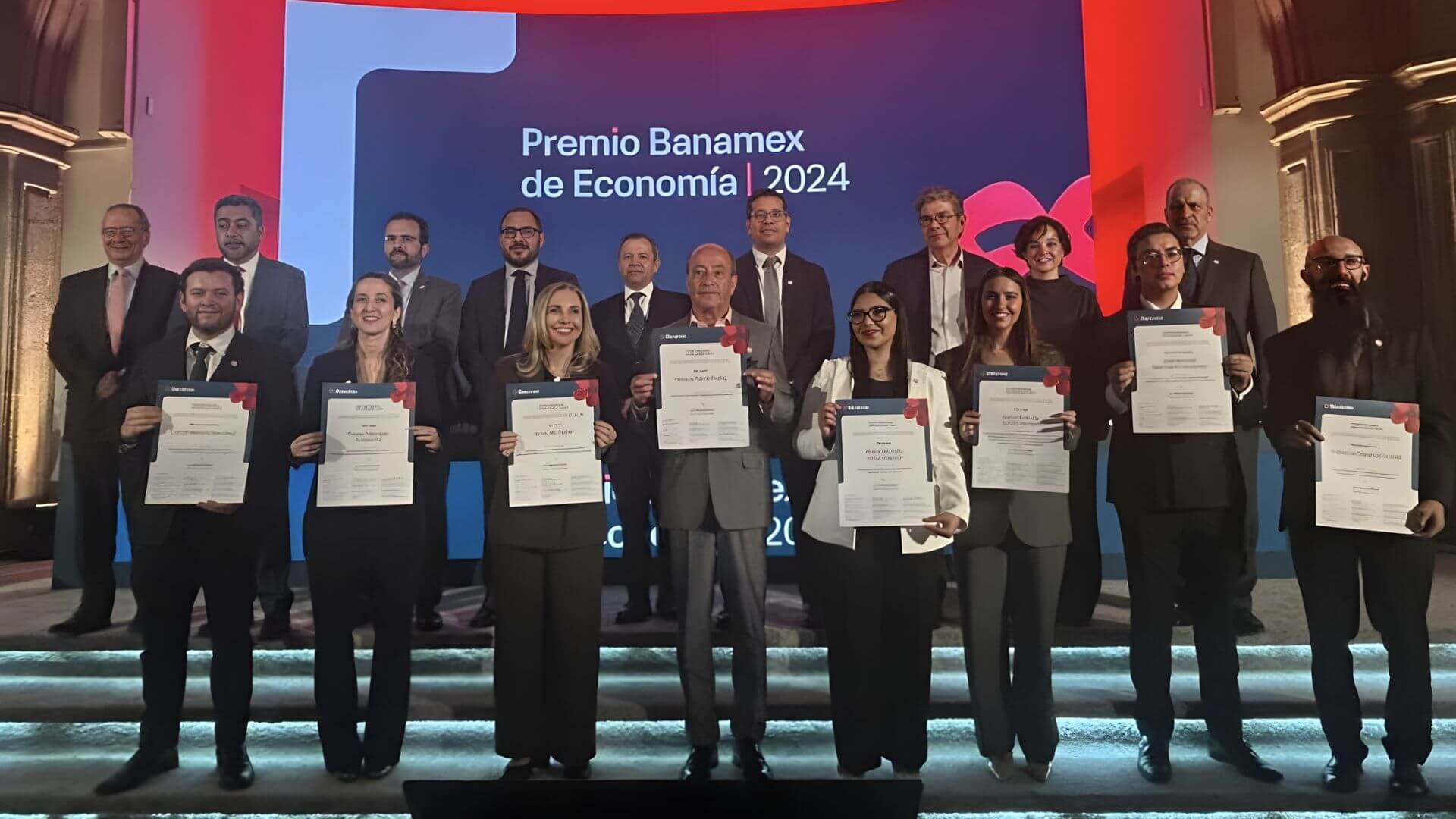
Amid a rising tide of political divisiveness, a new book aims to shed light on the groundbreaking and concerning ways in which political polarization reaches far beyond the realm of politics and infiltrates various aspects of American life. Co-authored by Shanna Pearson-Merkowitz, Saul I. Stern professor of civic engagement, "The Power of Partisanship” highlights the negative consequences of partisan alignment on private decisions, social interactions and attitudes toward public policies.
Pearson and co-author Joshua J. Dyck discuss how partisan politics has seeped into non-political spheres, leading to covert political implications in social interactions. As a result, people are more guarded in their interactions, fostering an environment of bitterness and negativity that was previously confined to the political domain. From the food we eat and the companies we support to our healthcare decisions, all are being influenced by partisanship in detrimental ways, which the book argues has not been seen to this extent in recent history.
The book also delves into the key factors driving the increased intensity and pervasiveness of partisanship in contemporary politics. Pearson and Dyck’s research reveal that while Americans are not inherently ideological, they are deeply partisan. As political elites polarize, the public tends to prioritize their partisan allegiances over their actual beliefs. “This makes the American public, even and especially the most informed among us, susceptible to demagoguery and some of the worst impulses of power-seeking elites,” charges Pearson. “And when elites polarize, rather than acting as a check on their extremism, the public follows.”
Challenging the notion that political Independents are less informed and out of touch, the book proposes that they are, in fact, more responsive to new information than strong partisans. Independents are not bound by partisan networks and do not filter politics through the lens of party benefits or common practice. They tend to gather unfiltered information from their lived experiences to shape their policy attitudes. “They might not have all the exact facts,” analyzes Pearson, “but they are less likely to follow lies made up by elites in government, candidates running for office or media pundits.”
In contrast, research shows that, as misinformation and partisan information silos become more prevalent, partisans are increasingly reluctant to accept information from opposing sources. They tend to engage in risky behavior related to healthcare and financial decisions in pursuit of psychological partisan rewards.
Diversity is leading the two parties in two different directions because party elites are not unified in presenting a pro-diversity message.Shanna Pearson-Merkowitz
Raising concern about the impact of partisanship on interracial interactions and decisions previously considered non-political, the book suggests that the "contact theory," where social contact with different racial or ethnic groups fosters increased tolerance and acceptance, no longer holds true for Republicans. “Diversity is leading the two parties in two different directions because party elites are not unified in presenting a pro-diversity message. As a result, peoples’ interactions with those who are different from them are not leading to increased tolerance and acceptance,” observes Pearson.
A critical section of the book explores the practical implications and societal consequences of toxic partisan polarization. The media was bringing attention to Republicans in working class jobs who lost healthcare benefits and appeared to oppose receiving them. Similarly, some workers and families who stood to gain from a higher minimum wage were also objecting to such proposals. These situations challenged the conventional understanding of self-interest voting, where people typically support policies that benefit themselves. “We wondered if this was just a phenomenon of the news selecting outliers to feature or if it was widespread,” shares Pearson. “The pandemic then became a striking example of people choosing to forgo life-preserving measures for partisan gain.”
While Pearson and Dyck initiated their book research prior to the start of the pandemic, after they ran their experiments, they watched their theory play out in real life. One of the most significant discoveries born from their research was that Democrats showed 17% more support for a free COVID-19 vaccine for everyone if it was presented as a Democratic proposal, whereas support for the same policy dropped when it was framed as a Republican proposal. Similarly, Republicans exhibited 40% higher support for a free vaccine if it was proposed by their own party. “As Republicans questioned the pandemic, they became much less likely to take public health measures and to receive the vaccine than Democrats,” cited Pearson. “Unfortunately, this increased the death toll among Republicans.”
The current trajectory of American politics is concerning, but as the book proposes, real change must start with political elites. “Partisan elites need to take their power seriously and realize that partisanship is a tool. It can be used to give voters choices and understand meaningful differences in policy approaches. It can help overcome the problem of collective action both in legislatures and in the public. But, just as a hammer can be used to build or to destroy,” warns Pearson, “the power of partisanship can also be wielded in both productive and destructive ways.”
By altering their messaging and rhetoric, partisan elites can mitigate the negative effects of polarization on American society. While acknowledging the lack of easy solutions, the book urges elected officials and media figures to prioritize the stability of the country over partisan interests. As "The Power of Partisanship" sparks important conversations, Pearson and Dyck hope that its insights serve as a wake-up call for American society to confront the divisive forces at play and work towards healing the fractures that threaten to weaken the nation's fabric.



